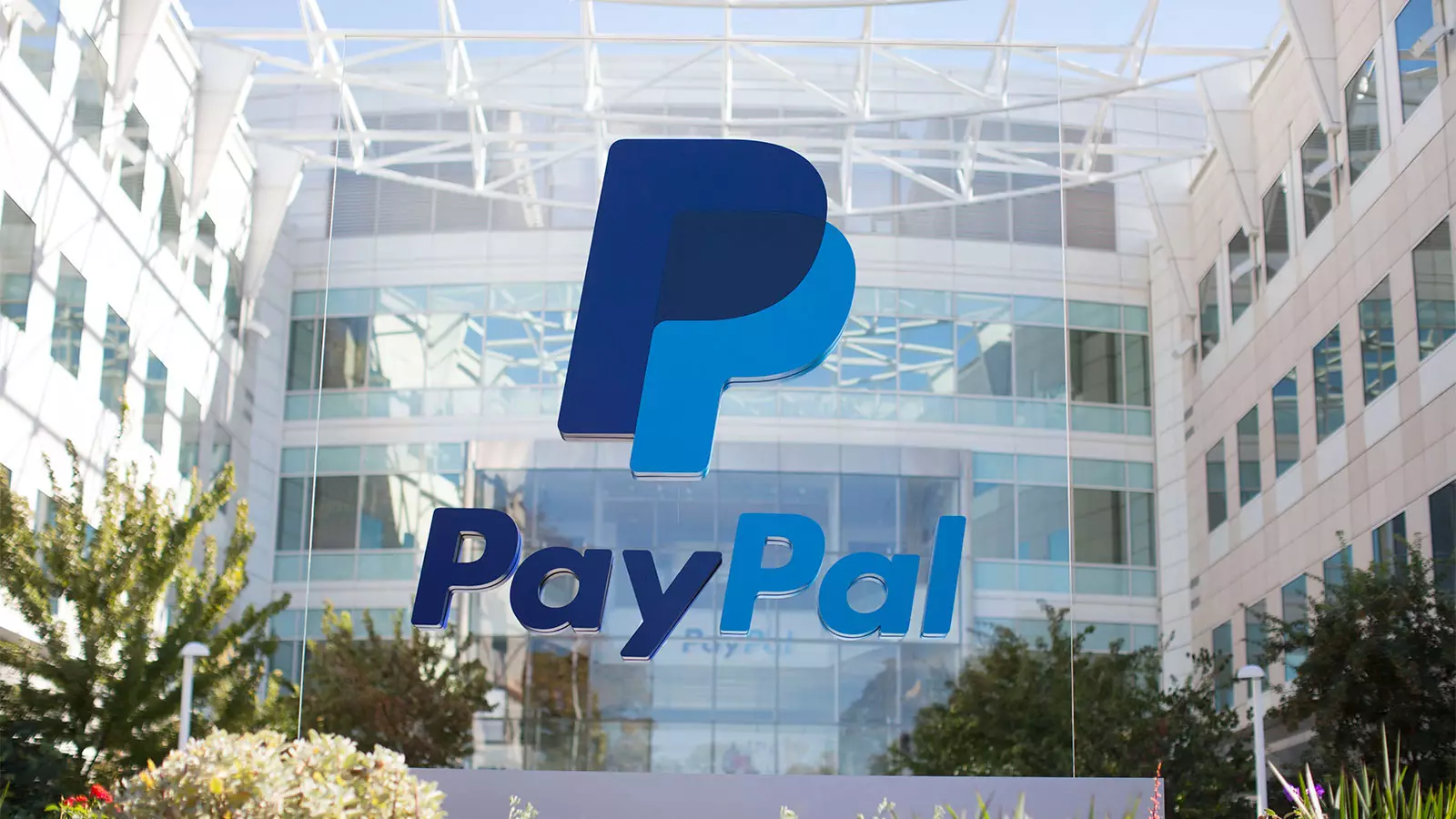PayPal and Paxos made headlines recently with the announcement of the launch of the PayPal (PYUSD) stablecoin. However, the excitement surrounding this development has been dampened by concerns raised about the control Paxos has over user wallets. This centralization issue has sparked anxiety in the crypto community, who fear the possibility of their assets being frozen or their wallets locked. Here, we will delve into the details of the controversy and its implications for the stability and security of the PayPal stablecoin.
The centralization issues surrounding the PYUSD stablecoin stem from Paxos, the blockchain infrastructure firm responsible for its issuance. Information published on Paxos’ GitHub account reveals that the company has the power to freeze or suspend users’ wallets and transfer functions in response to security threats. This freeze feature is strikingly similar to Tether’s USDT, a stablecoin notorious for freezing addresses involved in fraudulent activities. In addition, Paxos can withhold funds and assets from users and even wipe their accounts clean if required by law.
Unsurprisingly, the crypto community reacted swiftly and unfavorably to the news of Paxos’ control over user wallets. Investors immediately expressed anxiety over the potential loss of their digital assets or the locking of their wallets. Centralization has always been a contentious topic in the crypto space, with decentralized networks being seen as more secure and user-centric. Paxos’ actions seem to undermine these principles and have raised red flags among crypto enthusiasts.
The collaboration between PayPal and Paxos marks a significant development for both companies. PayPal, a global payment giant, aims to incorporate cryptocurrencies into its platform, making them easily accessible to its 400 million users by leveraging the PYUSD stablecoin. This move is expected to drive crypto adoption and increase awareness among the general population. On the other hand, Paxos stands to benefit from the integration of its stablecoin into PayPal’s infrastructure, gaining exposure to a massive user base.
The introduction of the PYUSD stablecoin is not only significant for PayPal and Paxos but also for the broader crypto market. Analysts predict that the token’s convenience and accessibility will attract investors and traders, boosting the demand for popular cryptocurrencies like Bitcoin and Ethereum. As more individuals gain exposure to digital currencies through PayPal, the overall adoption and acceptance of cryptocurrencies are expected to rise.
PayPal’s CEO, Dan Schulman, emphasized the need for stability in the shift towards digital currencies. The PYUSD stablecoin aims to provide the necessary stability by being both digitally native and easily connected to fiat currency, specifically the US dollar. This stability will enable seamless transactions and encourage broader acceptance of cryptocurrencies as a legitimate form of payment.
While the launch of the PayPal stablecoin has generated excitement within the crypto community, concerns over Paxos’ control over user wallets have cast a shadow over its potential. The centralization issues and the ability to freeze or wipe accounts have raised valid concerns about the security and stability of the PYUSD stablecoin. It remains to be seen how PayPal and Paxos will address these concerns and ensure the trust and confidence of their users. As the crypto market continues to evolve, finding a delicate balance between centralized control and user empowerment will be crucial for its long-term success.


Leave a Reply